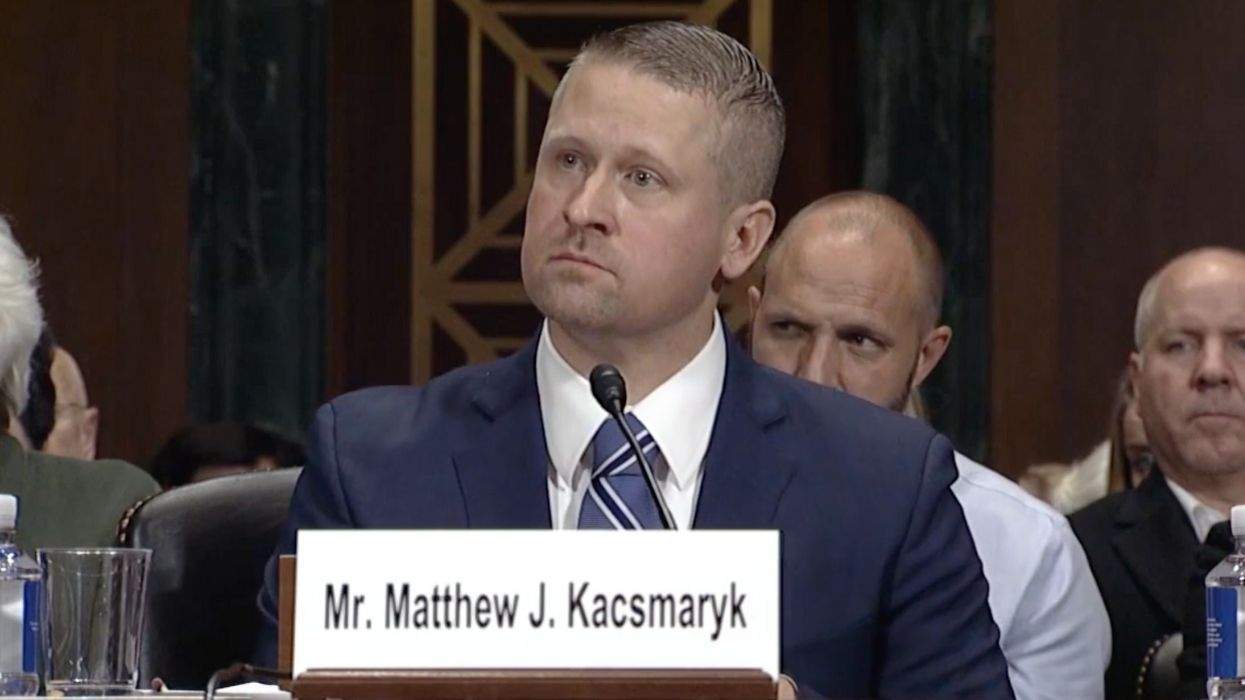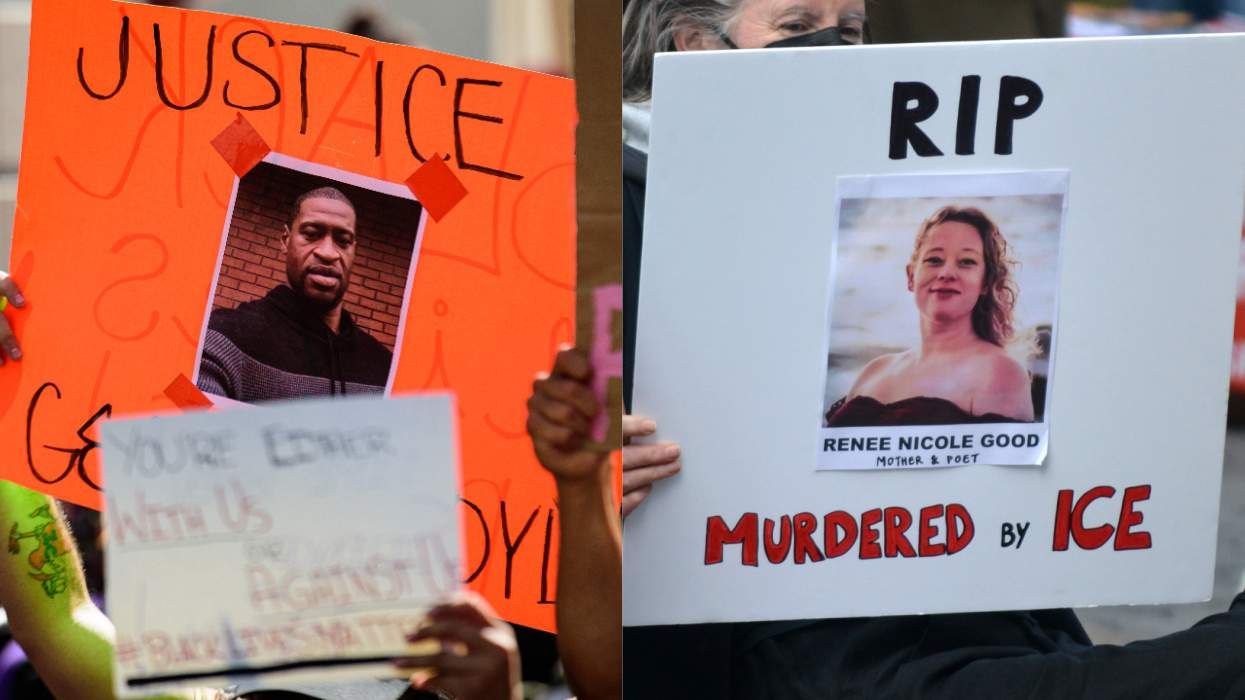In a week that saw negative Supreme Court rulings for LGBTQ+ people and other marginalized groups, the court took one positive action: It let stand a lower court ruling that held that gender dysphoria is a protected characteristic under the Americans With Disabilities Act, a federal law passed in 1990.
That means a transgender woman’s lawsuit against the sheriff of Fairfax County, Va., and other county officials can proceed. The U.S. Court of Appeals for the Fourth Circuit ruled last year that gender dysphoria is covered by the ADA and therefore people with the condition have grounds to sue if they believe they have suffered discrimination because of it.
Kesha Williams, a trans woman who was held in a Fairfax County jail for six months, said in her suit that she was housed with men and there she experienced delays in medical treatment and harassment by guards and other inmates. The trial court had ruled that the ADA’s language excludes “gender identity disorders not resulting from physical impairments,” Williams could not sue for discrimination under the law.
But the Fourth Circuit found that such language is outdated and at odds with current understanding of conflicts between one’s sense of gender and the gender assigned at birth. American Psychiatric Association has removed gender identity disorder from its Diagnostic and Statistical Manual of Mental Disorders and added gender dysphoria, which it defines as “clinically significant distress” felt by some trans people. “Being transgender is not a disability,” but many experience this distress, Fourth Circuit Judge Diana Gribbon Motz wrote in the majority opinion. “A transgender person’s medical needs are just as deserving of treatment and protection as anyone else’s,” the judge added.
Fairfax County appealed to the Supreme Court, but a majority of the justices, in an order issued Friday, declined to hear the case, therefore allowing the Fourth Circuit ruling to stand and Williams’s lawsuit to go forward. The denial came without comment, although one factor could have been that no other circuit had made a contrary ruling and set up a conflict for the high court to settle.
However, in a dissent, conservative Justice Samuel Alito had much to say. Justice Clarence Thomas, a fellow right-winger, joined Alito in the dissent.
“This case presents a question of great national importance that calls out for prompt review,” Alito wrote. He continued, “This decision will raise a host of important and sensitive questions regarding such matters as participation in women’s and girls’ sports, access to single-sex restrooms and housing, the use of traditional pronouns, and the administration of sex reassignment therapy (both the performance of surgery and the administration of hormones) by physicians and at hospitals that object to such treatment on religious or moral grounds.”
The Fourth Circuit’s ruling could lead to lawsuits against people who refuse to use a trans person’s chosen pronouns, against institutions that segregate facilities by birth gender, and against health care providers, Alito wrote. “In short, the Fourth Circuit’s ruling leaves a great many people and institutions under the looming threat of liability, forcing them to change their behavior — behavior that may be deeply rooted in moral or religious principles — or face an unending stream of lawsuits. If it is at least possible that the ADA does not require these results, we should be willing to resolve the question now rather than later,” he asserted.
The Fourth Circuit’s ruling is binding only on the states within the circuit — Maryland, North Carolina, South Carolina, Virginia, and West Virginia — but it is an important precedent just the same, according to trans rights advocates.
“By declining to hear this case, the Supreme Court implicitly acknowledges what those who have seriously examined the issue have concluded: The ADA protects people who experience gender dysphoria, including transgender and nonbinary people, from being discriminated against on that basis,” Olivia Hunt, policy director for the National Center for Transgender Equality, told the Associated Press.















Charlie Kirk DID say stoning gay people was the 'perfect law' — and these other heinous quotes
These are some of his worst comments about LGBTQ+ people made by Charlie Kirk.